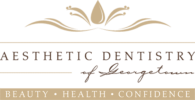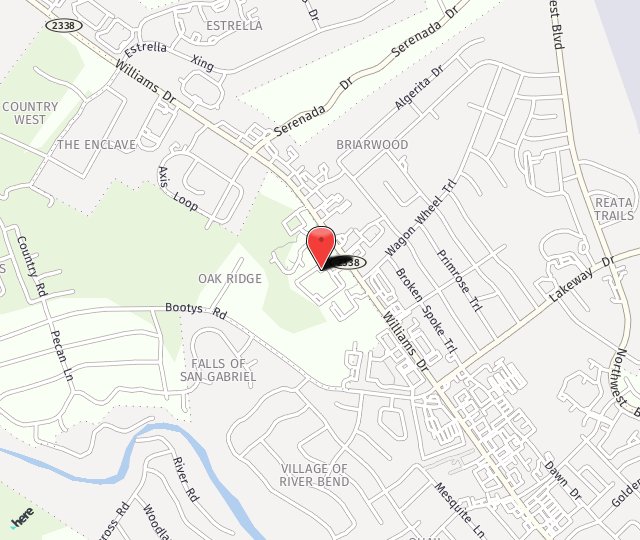The idea that we can get away with only _____ hours of sleep is a mistake. There simply isn’t a good reason to not try to get a good night of sleep! Even more importantly, everything that happens when we are awake is better after a good night of sleep! But the myth persists that getting less sleep is somehow noble, so we will dispel some of those myths… One of the biggest reasons that this matters in a dental office is that Obstructive Sleep Apnea (OSA) is a massive issue in our society and occurs in about one men in four and for women, about one in five. The mouth is a primary driver issue for OSA and a dental sleep appliance is a gold-standard solution for mild and moderate sleep apnea and in patients who can’t tolerate wearing CPAP machines.
“I only need 5 hours of sleep.”
There’s one is a zillion people for whom this is accurate. Well, not a zillion. But there are exceedingly few people who can get by on very little sleep. The reality is both quantity and quality of sleep matters in every aspect of our lives.
The literature shows that we do need less sleep as we age, but that means we need less than when we were babies. At less than three months old, we need nearly 18 hours of sleep a day! Then up until we are one, we still need 12-16 hours of sleep daily. By the time school age comes around, we still need between 9 and 12 hours of sleep to stay healthy. During these early years, we are growing tissue and laying down cognitive pathways and learning to learn, and all of that gets buttoned up while we sleep. Even during junior high and high school, we need between 8 and 10 hours… Even into adulthood, we need between seven and nine hours of quality sleep a night, and past 65 years old, we still need to get up to 8 hours of quality sleep a night.
And, to complicate it further, we need to get about 25% of that sleep as REM sleep and at least 20% of it as deep sleep. Those are the stages where we assimilate knowledge into long-term memories and physiologically heal and put away stresses for the day. In a large proportion of kids with behavioral problems, the culprit is poor sleep and is often missed by the health care system at large.
“I’m asleep before my head hits the pillow.”
We hear it all the time. “I sleep great; I fall asleep before my head even hits the pillow!” If this is actually true, then there is an issue with sleep and most likely your body is exhausted and greatly lacking in sleep. It should take about 15 minutes of laying down quietly to fall asleep. Our body needs that time to settle into the initial stages of sleep, and if it takes less than 10 minutes or more than 20 to fall asleep each night, there’s almost certainly a problem.
Once you’re asleep, there is a progressive series of levels of deeper sleep that you should pass through. Each of these is the precursor to the next stage, and it’s in the deepest stages of sleep that we actually heal our bodies. Unfortunately, our world today is set up so that we don’t get good consistent pre-sleep habits built and we tend to stay awake later, do lots of things other than sleep in bed, and then have to drag ourselves out of bed earlier than we’d like in the mornings.
The first step in improving sleep is to create good ‘sleep hygiene’ where we have a regular habit and good signals to our body to go to sleep. Going to bed at the same time every night in a dark room (no TV and no phones!) and a cold room with heavy covers are all great signals to your body. If you read before bed, you should do it in a chair and not the bed. If you watch TV at night, that also shouldn’t be in bed. The regular schedule does wonders for getting your body ready for great sleep, and it goes without saying that you should make brushing your teeth and taking care of your gums a regular part of that signal system!
“It’s just snoring.”
“Dad, you snore like a train!” isn’t a way to poke fun at dad. The literature clearly shows that snoring and Obstructive Sleep Apnea are only related about 50% of the time, except for one small and critical point. For loud snoring, there’s a 90% risk that there’s underlying OSA! If it ‘rattles the walls’ or you can hear snoring from another part of the house, there’s a problem and it may be a lethal one. People are more likely to die in their sleep and undiagnosed, their live expectancy is as low as 55 years old! If they don’t die in their sleep, untreated OSA drives hypertension, increases the risk of stroke, leads to dementia, and a whole host of other health risks and issues!
Even if it is simply a little snoring right now, if someone else can hear it, it ruins the depth and quality of their sleep. In fact, today there’s a massive proportion of people who suffer from a “Sleep Divorce” where they sleep in different rooms! It isn’t just snoring. Fixing it could save your life!
“OSA is old fat men, and that’s not me.”
It is true that being older, fatter, and a man makes you more likely to have OSA. Those are all risk factors and OSA is more of an issue when you carry more weight. You don’t have to be a male to be heavy. You also don’t have to be male to have OSA. More importantly, there are other sleep issues along with OSA that are health risks. It happens that thin fit women tend to deal with Upper Airway Resistance Syndrome, or UARS. This leads to waking up tired and daytime sleepiness and is often misdiagnosed as Chronic Fatigue or Epstein Barr virus.
The simple reality is if you are a loud snorer or suffer from daytime sleepiness, it would be irresponsible to not screen for sleep problems. At Aesthetic Dentistry of Georgetown, we have been helping patients deal with OSA and sleep issues for nearly 20 years. Finally, in 2017, the ADA established a recommendation that every dentist screen for sleep problems. Unfortunately, most still don’t. In fact, only about 25% of primary care physicians even ask about sleep!
“I get it… what can I do?”
At Aesthetic Dentistry of Georgetown, we have established a Sleep Screening as a part of every new patient experience and offer home screenings to our patients. We are also happy to see people on a more limited fashion and simply help manage their sleep. We have built a network or team of health care physicians to help manage the problems that ruin your sleep. From working with ENTs to Sleep Physicians and Cardiologists, we have the resources to help address even severe sleep issues. But the best option would be to stop it before it becomes severe. Address it in the early stages and improve the quality of your sleep and your life!
If you have any questions or just want to talk about how this may be impacting you, give us a call and set up a free consultation!
See you soon!

